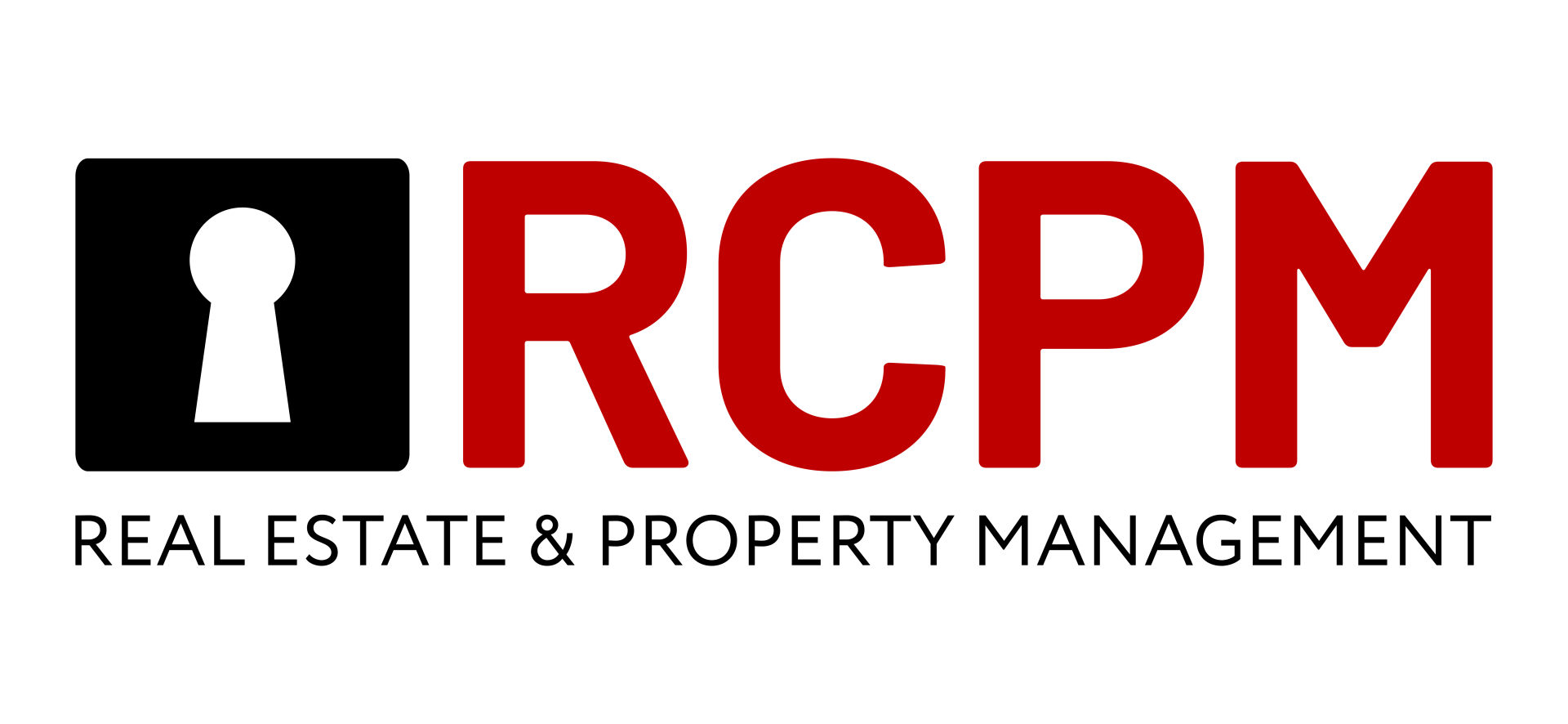Use your retirement fund.
If you are not planning to retire within a short time, you can use the funds of your 401(k) plan or IRA account as a source for a down payment. There are usually penalties for doing so, and you will need to pay interest on the money you borrow, but as you repay the loan with interest, that interest typically goes back into your retirement account.
Use your life insurance.
Using your life insurance to put money as a down payment for an investment property is another way to get cash without involving a third party. There are several options, some riskier than others, that allow you to withdraw money from your life insurance policy
You can withdraw limited sums of cash, which are non-taxable as long as you stay within the amount of premiums you’ve paid into the policy. However, your death benefit will be reduced based on the amount you withdraw.
You can also borrow from your life insurance issuer using your policy as collateral. The loan is typically subject to interest, which is added to your loan balance unless you pay out of pocket.
Bring in a partner
If you do not have enough cash by yourself, it can be a good idea to bring in a business partner in a joint venture to share the cash burden and the risks. The parties usually all contribute a set amount of cash for the down payment and get a bank loan together for the remainder.
Contract a private loan
Finally, you can contract a private loan from a friend, a family member, or an acquaintance based on your established relationship. The interest rate and terms of the loan must be negotiated directly with them, and they assume a position similar to a hard money lender.
Raising money for a down payment is a necessary first step when planning on purchasing an investment property. Establishing a trustworthy team, from a lenders to real estate agents and property management company, will determine the success of your venture.








